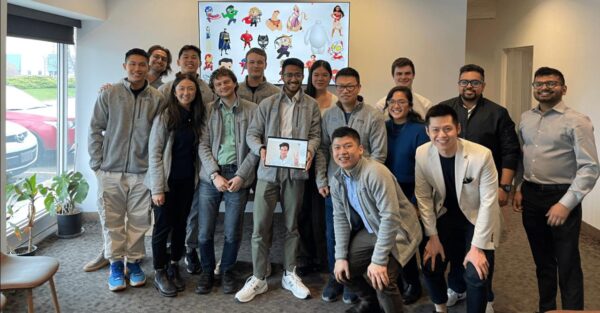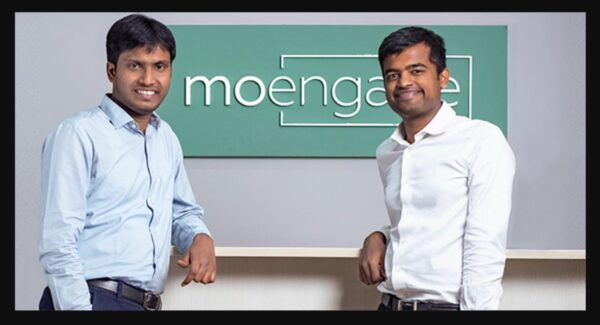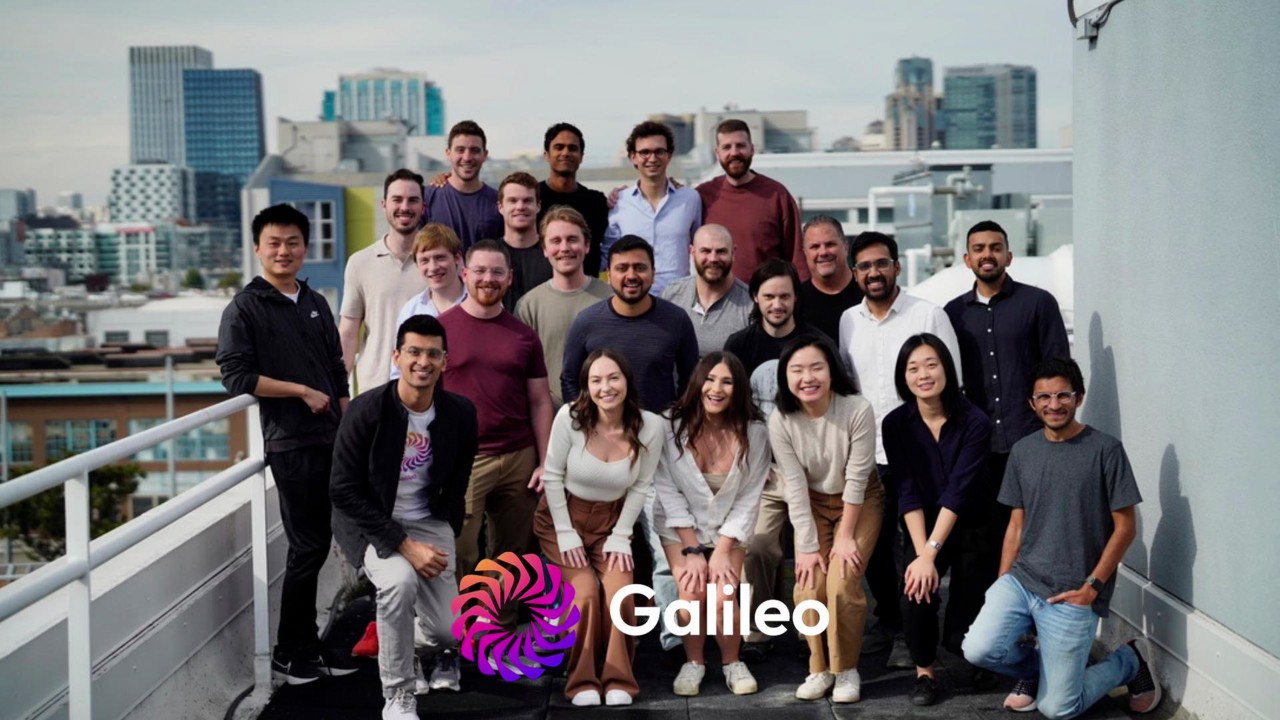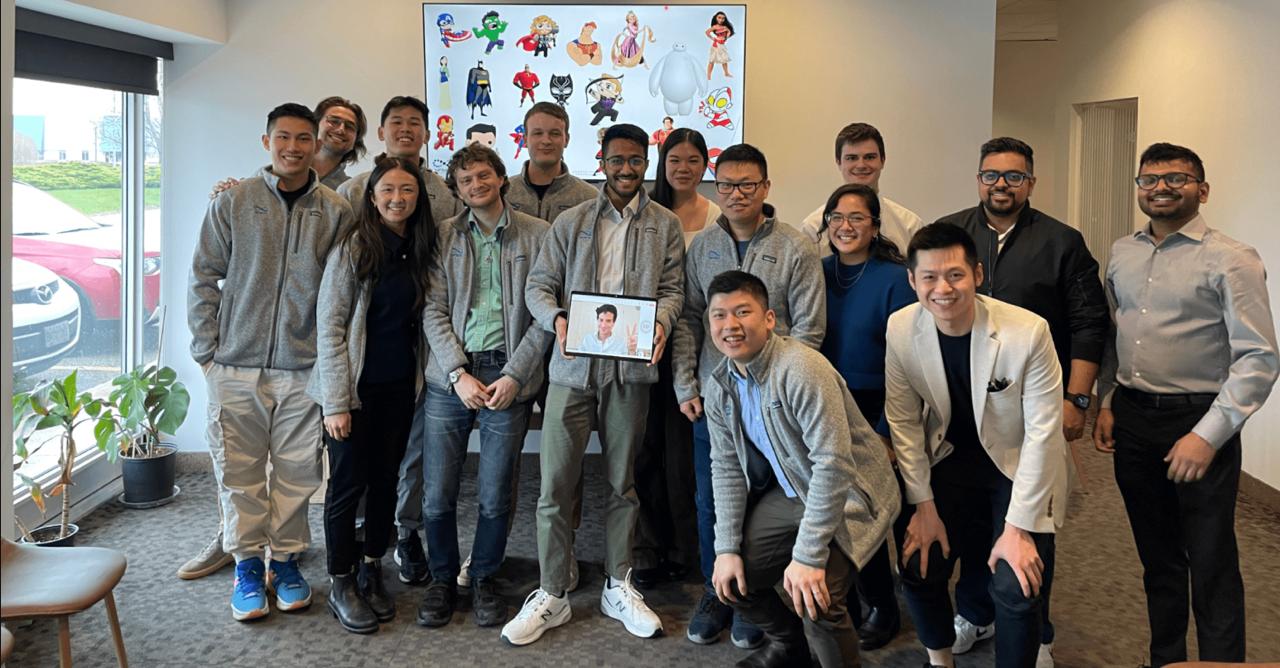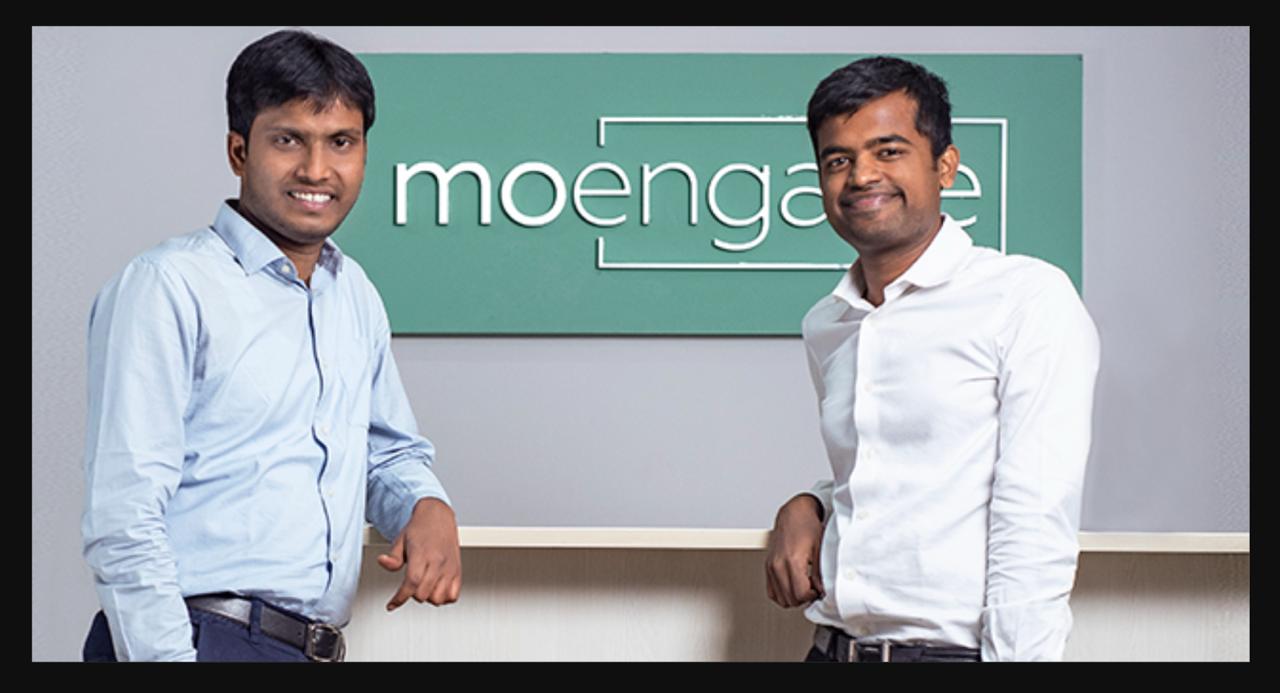In a significant advancement for the realm of generative AI, Galileo has announced the completion of a $45 million Series B funding round, led by Scale Venture Partners. This marks the largest Series B investment to date in AI evaluation and observability, following an impressive 834% revenue growth for the company in 2024 and its expansion into Fortune 50 clients such as Comcast and Twilio.
The latest funding round elevates Galileo’s total capital to $68 million. Alongside Scale Venture Partners, strategic participation came from Premji Invest, Databricks Ventures, ServiceNow Ventures, Amex Ventures, Citi Ventures, and SentinelOne Ventures. Notable AI leaders, including Clement Delangue of Hugging Face and Ankit Sobti of Postman, also contributed to this significant funding round. Existing investors such as Battery Ventures, Walden Capital, and Factory reinforced their commitment as well.
With this influx of capital, Galileo aims to bolster its go-to-market strategy, advance product development, and intensify research efforts focused on AI evaluation—crucial for developing trustworthy AI applications.
“The journey of founding Galileo stemmed from the need to tackle AI’s measurement challenges, especially concerning language models,” said Vikram Chatterji, CEO and co-founder of Galileo. “Existing methods, reliant on human or LLM evaluations, are often slow, costly, and lack scalability. Our innovative, research-backed approach has rapidly gained traction, allowing enterprises to navigate the complexities of generative AI application development. This funding enables us to accelerate our efforts and meet the soaring demand in the market.”
As enterprises increasingly adopt generative AI technologies, a pressing challenge emerges: how to reliably evaluate the accuracy and safety of these systems. According to industry forecasts by Gartner, over 80% of enterprises are expected to integrate generative AI APIs or deploy related applications by 2026. This growing adoption has highlighted a significant gap in standardized evaluation frameworks, with nearly half of organizations currently relying on subjective human feedback—a method both slow and imprecise.
Galileo’s Evaluation Intelligence platform emerges as a solution, providing AI teams with the tools necessary to evaluate, monitor, and protect their AI systems effectively. This end-to-end platform leverages research-backed metrics, ensuring safe and reliable AI deployments across various development stages.
“Traditional evaluation techniques simply do not meet the needs of enterprise applications,” noted Jim Nottingham, SVP & Division President at HP Inc. “Galileo’s innovations address crucial hurdles—ranging from accuracy to bias—offering a comprehensive perspective on the performance of generative AI applications. They have become indispensable to our Z by HP AI Studio.”
As the demand for robust evaluation tools intensifies with the increasing complexity of AI methods, including Retrieval-Augmented Generation (RAG), Galileo is poised for continued success. With its unique position in the market and a commitment to solving AI’s measurement challenges, the company stands to play a pivotal role in shaping the future of AI evaluation.
Editorial Opinion: Galileo’s recent funding and rapid growth underscore a crucial evolution in the AI landscape. By addressing the pressing need for reliable evaluation methods, the company is not only enhancing the safety and effectiveness of generative AI but also paving the way for broader enterprise adoption. As software development becomes more democratized—opening doors for millions of developers—the importance of standardized evaluation frameworks cannot be overstated. Galileo’s commitment to research-backed solutions positions it at the forefront of this vital industry transformation.
The integration of evaluation intelligence into the AI development lifecycle is not just a technical upgrade; it’s a foundational shift that will enhance trust and reliability in AI systems. With key investments from industry leaders, Galileo’s trajectory appears promising, and its platform is likely to become a cornerstone for businesses looking to harness the full potential of generative AI.
If you need further assistance or have any corrections, please reach out to editor@thetimesmag.com.

